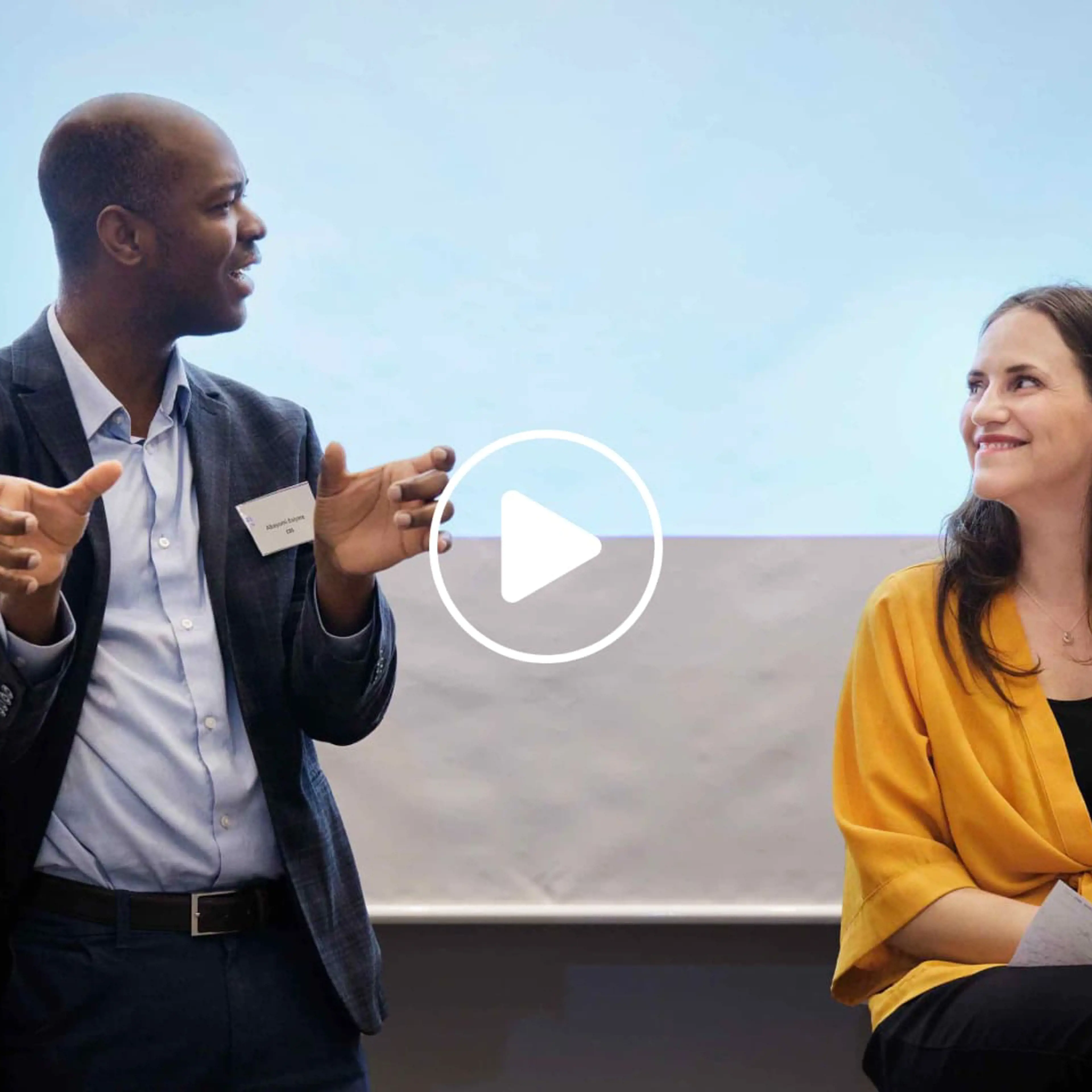If organisations want to be one of tomorrow's successes, digitalisation is essential. Also in the life science industry.
The industry is currently characterised by major digital changes. Those changes have been accelerated by the COVID-19 pandemic, and the development has the potential to improve, for example, the way companies develop new medicines. If the digital transformation is to succeed, it requires that organisations internally strengthen the ability to bring together different skills to develop the company's business, believes Andreas Vigelsø Westh, Product Owner at Novo Nordisk.
"I am a trained human biologist. But today, in my job, it is not enough to understand a field well. You need to understand more – at least on a basic level. I have to understand both what the doctors say. What the programmer says when he sets up databases for testing and what the organisation wants. In other words, a business understanding," he says.
Andreas Vigelsø Westh works with digitalisation of the planning of clinical trials.
"As an industry, we have an obligation to benefit from increased digitalisationand new technologies. Because it can help us create better medicines that can help patients faster," he says and continues:
"The life science industry is facing a digital transformation where we as an industry have recognised that we cannot implement it alone. We should lift together across the industry, which makes a good network essential. Today, many new initiatives and collaborations are popping up across pharma companies, where we can discuss joint solutions to the challenges we face. For example, TransCelerate, which is 20 of the largest pharma companies in the world, forms the framework for the development of many joint solutions. We have open discussions, and we didn't see that as often in the past.”
See your colleagues as customers
It has become clear to Andreas Vigelsø Westh that two things are crucial for his job to contribute to better digital planning of clinical trials. One is a strengthened business understanding. The second is a good network. And these were precisely two of the reasons why he started a new continuing education offer for managers in the life science industry in the autumn. On the CBS Master of Business Development programme, he follows a number of subjects in, among other things, business development and innovation together with others from the same industry.
“Continuing education gives me the opportunity to reflect and develop myself while I work. There are lots of different ways to solve tasks if you look at them from new angles, and this can create surprisingly great value for the organisation. In my current job at Novo Nordisk, I have been given the opportunity to further my education and have therefore registered for the subjects at CBS in order to gain a broader understanding of the industry and organisation I am employed in. And to be able to build bridges between professional fields, because we have to get the maximum out of the things we work with," he says.
His understanding of business is strengthened through both teaching and assignments where he works with problems from his everyday life.
"I think it's healthy to occasionally look at your colleagues as customers in your store. It can create a focus on, for whom and how we create value? What challenges are there and what are we overlooking? And how does the digitalisation work relate to the organisation's overall strategy? The exercise of seeing my colleagues as customers has created new connections and new uses of data in areas of the organisation I had not anticipated.”


